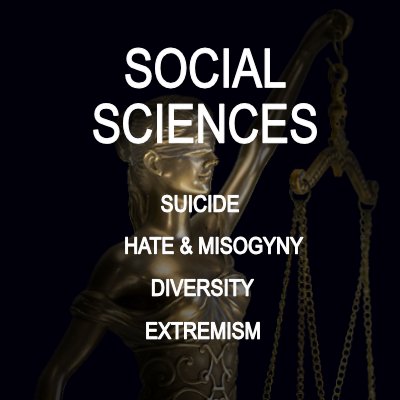By Mckillop, Matt; Lieberman, Dara Alpert
From the document: "The United States spends trillions of dollars annually on healthcare, but U.S. residents are not getting healthier and tend to experience worse health outcomes than residents of other high-income countries that spend comparably less money on healthcare. Keeping everyone safe from diseases, disasters, the health impacts of climate change, and bioterrorism requires a public health system focused on prevention, equity, preparedness, and surveillance. Investment to ensure foundational public health capabilities is key. Foundational public health capabilities include assessment and surveillance, emergency preparedness and response, community partnership development, communications, policy development and support, organizational accountability and performance management, and a focus on equity. Interagency and jurisdictional planning and cooperation are also critical, as are efforts to address the needs of population groups or communities at greatest risk. All of these activities require dedicated and sustained funding and a well-resourced public health infrastructure and workforce, one that has the resources to deal with its everyday work and that is well-positioned to quickly pivot and scale up during emergencies. [...] To advance equity, successful public health systems promote structural conditions that support optimal health for all and work to remove systemic barriers that have resulted in health disparities. In addition, a strong public health system comprises federal, state, tribal, territorial, and local health agencies working within a network that includes healthcare providers, public safety agencies, human service and charity organizations, education and youth development organizations, recreation and arts-related organizations, economic and philanthropic organizations, and environmental agencies and organizations. [...] Experts agree that increased and sustained funding to strengthen the country's public health system is urgently needed, particularly in the areas of data infrastructure and workforce." The associated Fact Sheets are available here: www.tfah.org/chronic-underfunding-in-public-health-fact-sheets/
Trust For America's Health. 2023. 52p.





















